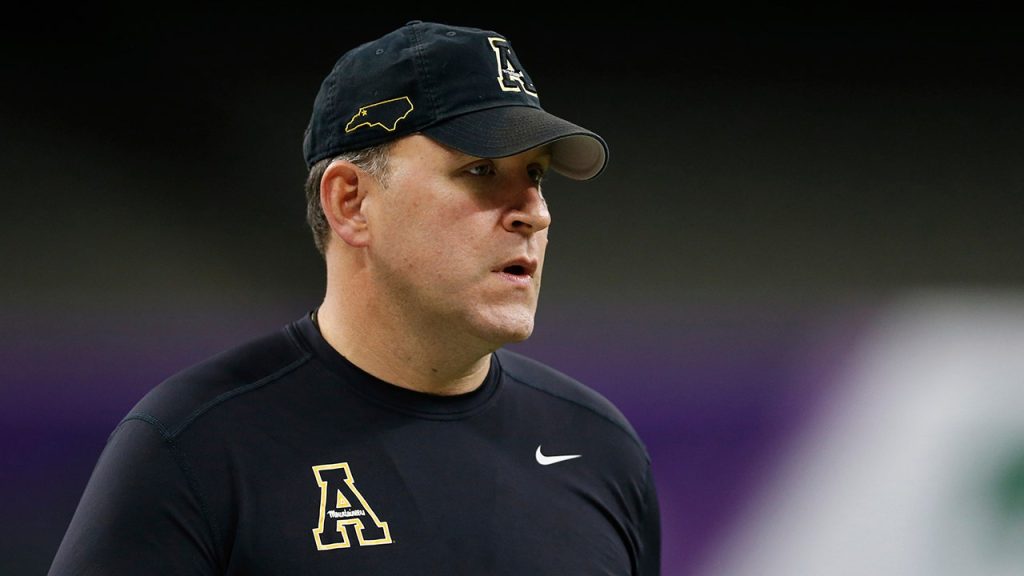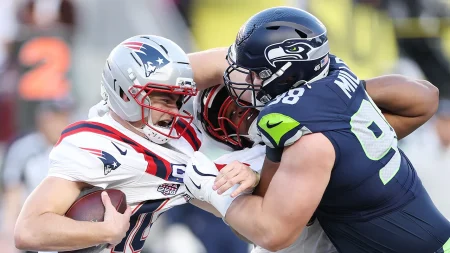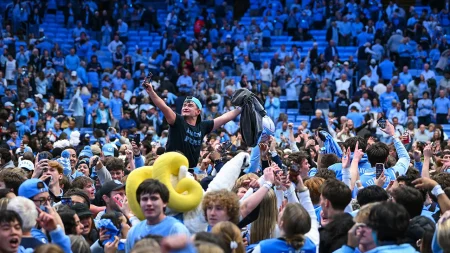The Passing of Shawn Clark: A Beloved Coach and Mentor
In a heartbreaking announcement on Monday, the University of Central Florida (UCF) confirmed that offensive line coach Shawn Clark had passed away at the age of 50. Clark had been hospitalized since September 9 due to an undisclosed medical emergency, and despite being reported as stable last week, tragically succumbed to his condition. His sudden passing has sent waves of grief throughout the college football community, particularly among those who knew him at UCF and his alma mater, Appalachian State, where he had spent the previous five years as head coach before joining the Knights’ staff.
UCF head coach Scott Frost offered a moving tribute to his colleague, emphasizing that Clark was “so much more than a coach.” Frost’s words painted a portrait of a man whose impact extended far beyond the football field: “He was a remarkable man, husband, and father who cared deeply about his players and staff.” The profound reaction from players and coaches upon learning the news spoke volumes about Clark’s character and the meaningful connections he formed with everyone around him. As Frost simply but powerfully stated, “He was loved.” This sentiment has been echoed across the college football landscape as former colleagues, players, and fans have come together to mourn his passing.
Clark’s coaching journey represented a life dedicated to football and mentorship. After graduating from Appalachian State, where he had been an All-American player, he began his coaching career in 2001 as a graduate assistant at the University of Louisville. His path led him through various coaching positions at Eastern Kentucky, Purdue, and Kent State, where he developed his expertise in offensive line coaching. His career came full circle when he returned to his alma mater in 2016 as the offensive line coach for the Mountaineers, eventually working his way up to offensive coordinator and then head coach in 2019. During his five-year tenure as Appalachian State’s head coach, Clark compiled an impressive 40-24 record and led the team to three bowl victories at the New Orleans Bowl, Myrtle Beach Bowl, and Cure Bowl.
The impact of Clark’s leadership extended beyond just wins and losses. At Appalachian State, he was not just a coach but a beloved alumnus who represented the university’s values and traditions. The school expressed their profound sadness in a statement posted on social media: “We are profoundly saddened by the passing of App State alumnus, football All-American and former head coach Shawn Clark. We extend our deepest sympathy to Shawn’s family and everyone who knew and loved him.” His decision to join UCF earlier this year marked a new chapter in his career, one that was tragically cut short but still allowed him to make a meaningful impression on a new group of players and colleagues in a very short time.
What made Clark special, by all accounts, was his ability to connect with players on a human level. Coaches who succeed at the collegiate level must be more than just tacticians; they must be mentors, guides, and sometimes parental figures for young athletes navigating the challenges of academics, athletics, and personal growth. Clark embodied this holistic approach to coaching. His players responded to him not just because of his football knowledge, but because they knew he genuinely cared about their wellbeing and development as people. This kind of authentic leadership can’t be faked, and it explains the depth of grief felt by those who worked alongside him.
The loss of Shawn Clark reminds us of the fragility of life and the immeasurable impact one person can have across multiple communities. From Louisville to Eastern Kentucky, from Purdue to Kent State, from his beloved Appalachian State to his brief but meaningful time at UCF, Clark left behind a legacy of excellence, compassion, and genuine care for others. As the UCF Knights and the broader college football community mourn his passing, they also celebrate a life well-lived – one dedicated to the development of young people through the game of football. While his time was cut tragically short at just 50 years old, the impression he made on countless players, fellow coaches, and fans will continue to resonate for years to come.














